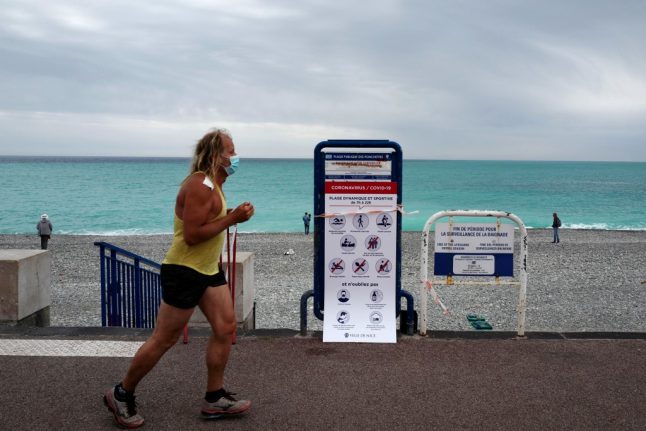At the height of the coronavirus pandemic France brought in one of the strictest lockdowns in Europe with everyone ordered to stay home unless absolutely necessary and a form required every time you stepped out of your home.
While this undoubtedly brought case numbers under control, it also had a massive effect on the national economy.
The economic effects, combined with the much improved testing and tracing programme, means that ministers say France will not go back to a nationwide lockdown.
But as cases continue to rise at quite worrying rates, what is being proposed is the introduction of local lockdowns for 'hotspot' areas.
So what would this involve exactly?

France's prime minister Jean Castex was known as Monsieur Déconfinement for his work on the lifting of France's lockdown. Photo: AFP
The person spearheading the local lockdown plan is Jean Castex, France's newly appointed prime minister who in his previous role was responsible for drawing up the detailed plan to gradually ease France out of lockdown.
Here's what he has to say.




 Please whitelist us to continue reading.
Please whitelist us to continue reading.
So Macron yet again has appointed another blinkered yes man with no experience to follow the Party line. This man was the cause of all these outbreaks in areas that didn’t have them before by opening the country up too early. This isn’t “rocket science” but common sense.